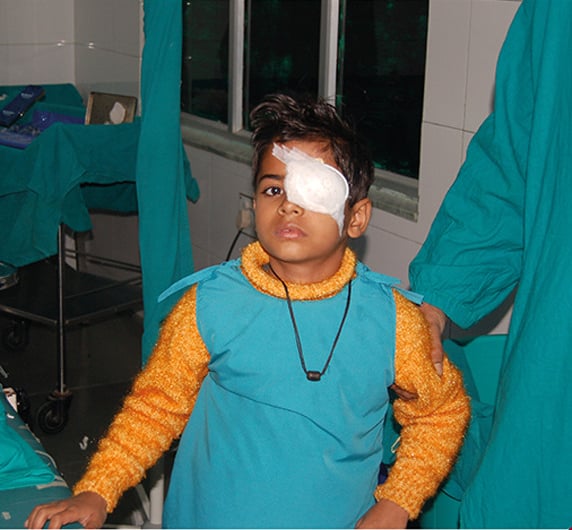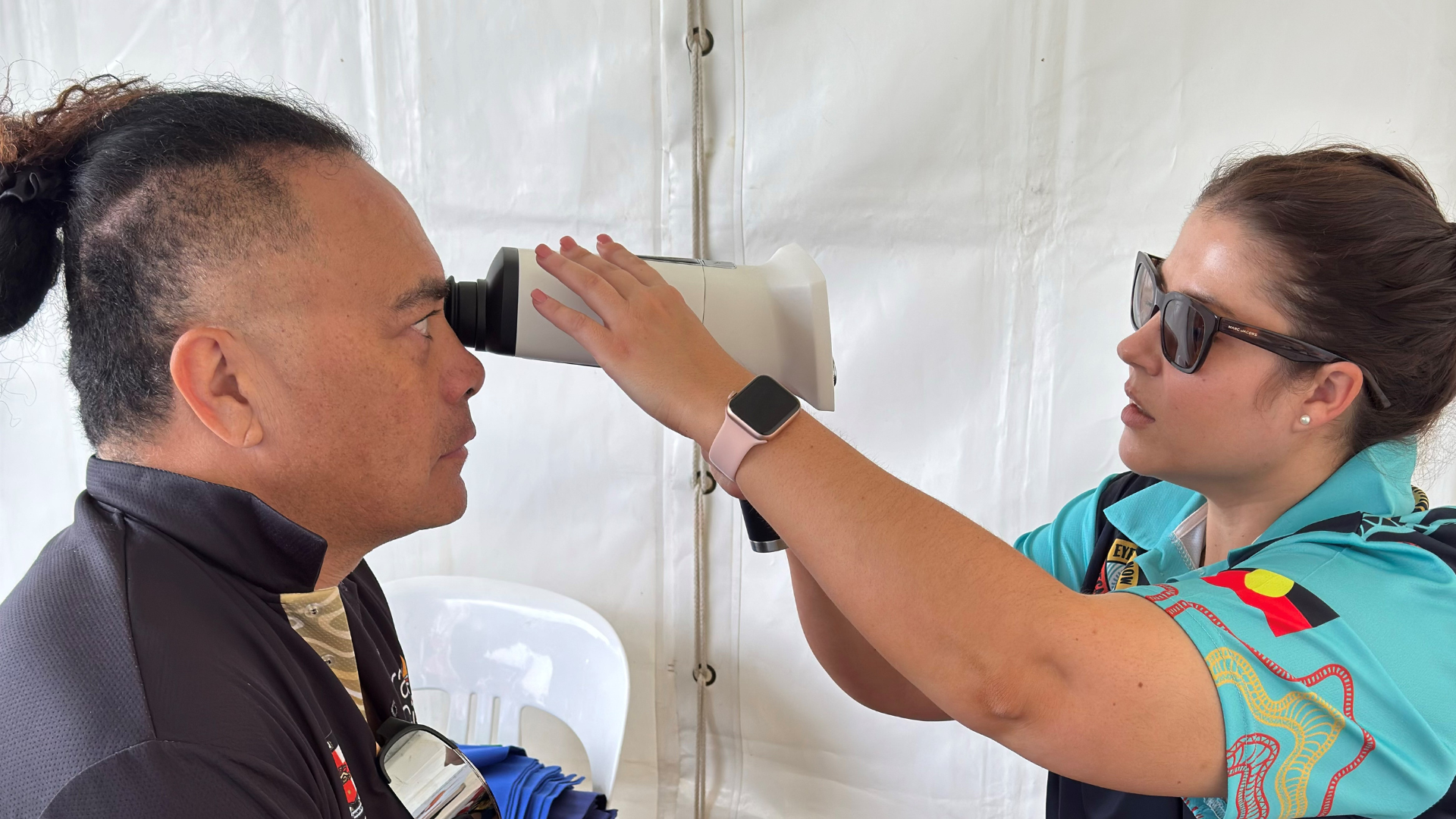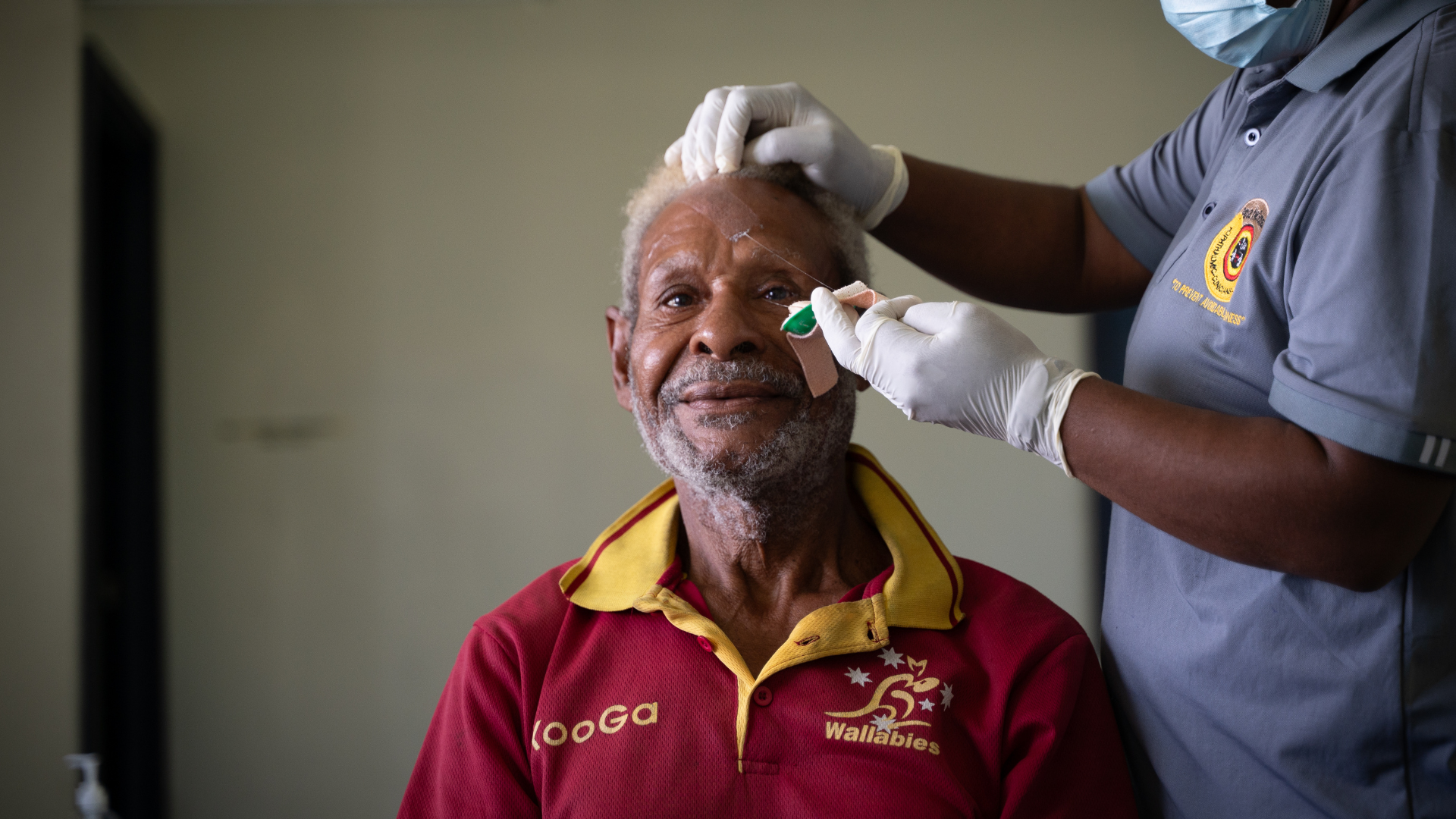Lancet study: Prevalence of blindness decreasing, but case numbers rising

New research in The Lancet Global Health journal has revealed that there has been a 15.4 per cent decrease in avoidable blindness around the world over the past decade.
But despite this progress, the raw number of people with blindness and vision impairment has increased everywhere as the world’s population continues to grow and age.
The study was conducted by the Vision Loss Expert Group comprised of international ophthalmologists and optometrists, with funding provided by global eye health development organisation The Fred Hollows Foundation, Brien Holden Vision Institute, Fondation Théa, Bill & Melinda Gates Foundation, Sightsavers International, and the University of Heidelberg.
The study reports there are currently 1.1 billion people living with some form of vision impairment around the world and this is expected to increase to 1.7 billion by 2050.
There are 43.3 million people living with blindness today, expected to grow to 61 million by 2050.
Gender disparities continue to hamper efforts, with women and girls making up 55 per cent of people who are blind or vision impaired, and they remain overrepresented across all severity categories and age groups.
Asia has seen the greatest increase in blindness and vision impairment across all regions since 1990, with an increase of 10.7 per cent in moderate and severe vision impairment in East Asia, due to the myopia epidemic.
Although the report did not reveal country-specific statistics, The World Report on Vision released in 2019 pointed out that China accounts for the largest number of blind population in the world.
CEO of The Fred Hollows Foundation Ian Wishart said the findings come after decades of concerted effort by the global eye health sector to support governments and communities around the world.
“Eye health services have been doggedly working to restore sight and prevent blindness, and this study shows they’ve successfully reduced the prevalence of avoidable blindness since 2010. It’s good improvement,” Mr Wishart said.
“The Foundation has known for years that despite progress which has addressed the most severe cases of blindness and vision impairment, we are not keeping pace with the overall growth in cases as the global population grows.
“The World Health Assembly considers glasses and surgery to be effective, simple solutions to blindness and vision impairment, but we need more of these services.
“Eye health is fundamental to a person’s overall wellbeing and independence. We are continuing our work to treat as many people as possible, but health systems around the world have been severely impacted by COVID-19.
“In order to treat the growing number of people who are becoming blind and vision impaired, we need more eye health services and more specialists. Eye health needs to be taken seriously.”
The study is based on an analysis of global data over a 30-year period, from 1990 to 2020. It shows the three leading causes of blindness are cataract, glaucoma and uncorrected refractive error.
Photo credit : The LANCET Global Health
Access the study:
https://www.thelancet.com/journals/langlo/article/PIIS2214-109X(20)30425-3/fulltext
https://www.thelancet.com/journals/langlo/article/PIIS2214-109X(20)30489-7/fulltext
Related articles

Report: Addressing the needs of older people with disabilities

Koori Knockout raises eye health awareness among thousands on World Sight Day

